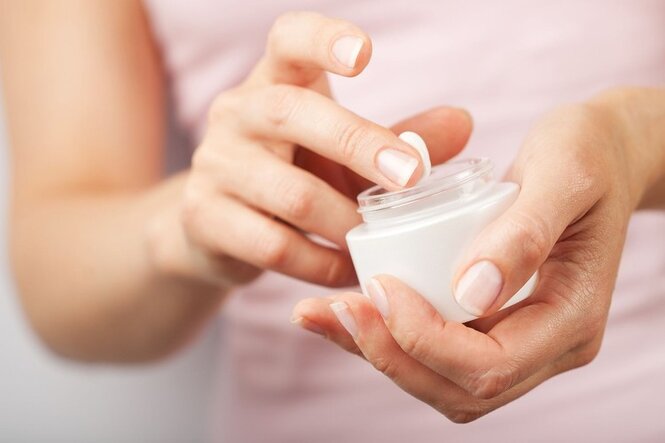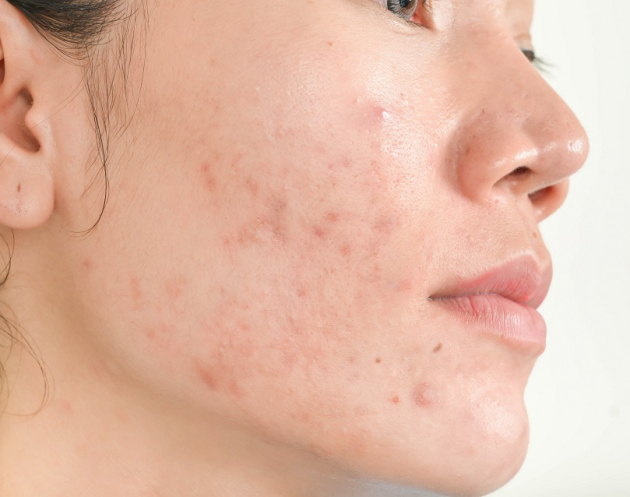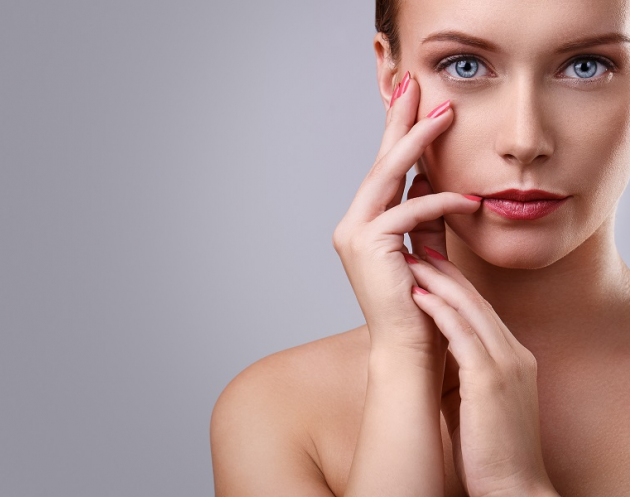Urea is one of the most effective moisturizing substances used in cosmetology. Providing the skin with proper hydration makes it look young, healthy and is properly prepared to receive other active substances contained in cosmetic products.
Urea is a chemical that is produced naturally in the body as a metabolite of, among others, proteins. It is excreted by sweat and urine. It was first isolated and described in 1828 and has been used in cosmetology since 1943. In recent years, it has gained particular popularity as an ingredient of preparations for the care of dry and dehydrated skin. So how does it work on the skin, and why is it an increasingly common ingredient in cosmetics?
Urea in cosmetic products
According to the INCI nomenclature (International Nomenclature of Cosmetic Ingredients), Urea in cosmetics is known as Urea. Its chemical formula is H2NCONH2. It can take the form of small, white granules or a powder. It is odorless and crystalline. It dissolves well in water. Other synonyms of Urea include Carbamide, Carbamide resin, Carbamimidic acid, Pseudourea, Ureaphil, Urevert. The urea derivative – allantoin is also often found in cosmetics. It is used in the treatment of pressure ulcers, psoriasis, burns, and other skin diseases.
Urea can be found in cosmetics as well as personal products in Europe according to the general requirements within the European Union Cosmetics Regulation. It use in
Effect of Urea on the skin
Urea has different effects depending on its concentration in a specific product. In concentrations of 3-10%, it has a moisturizing effect due to increasing the water content in the horny layer of the epidermis that protects the water binding sites in the skin. This prevents the epidermis from losing water excessively and from dehydrating the skin.
Higher urea concentrations in cosmetic preparations (10-30%) smooth the skin, reduce and even out discoloration. Urea softens and increases the skin’s permeability to active ingredients contained in cosmetics. It owes this property to the ability to break keratin’s hydrogen bonds (keratolytic effect).
At even higher doses (about 30-40%), it shows strong keratolytic properties, which are used in pharmaceutical preparations for more serious therapeutic purposes (e.g. in the treatment of psoriasis).
Urea also increases the level of enzymes that synthesize lipids and the expression of antibacterial peptides. These ingredients are utilized in the treatment of acne.
The use and purpose of Urea in cosmetology
Cosmetics with the addition of Urea are recommended for the care of dehydrated, dry skin and with diseases such as psoriasis, inflammations, ichthyosis, corns, warts or mycosis.
One of the most important benefits of Urea for our skin is the acceleration of cell renewal processes. Urea strengthens the skin’s barrier function, exfoliates the dead epidermis, improves blood circulation, smoothes and rebuilds skin damage, which helps to keep it young and healthy.
Urea also is antiseptic, which means it can be used to treat wounds with infection as well as acne. Due to the expression of antibacterial peptides, Urea has a killing effect on bacteria that cause acne and inflammation. Studies show that Urea directly inhibits yeast growth. It also has anti-itching and anti-inflammatory properties. It is used to treat psoriasis, eczema and dermatitis. It is employed to treat and alleviate any skin problems caused by diabetes.
Cosmetics with Urea
In a concentration below 10%, Urea can be found in lotions and creams for the body and face. Its addition is often found in hand and foot creams. It is particularly recommended to take care of callous dry skin that is on the heels. It is also used in the production of hair conditioners, bath oils, as well as face masks, and tonics. Many types of urea lotion and urea cream are available in the market.
Cosmetics with Urea can also be made at home. Crystalline Urea is available in drugstores and pharmacies. You should add it in the right concentration to your favorite cream, body lotion, or tonic.




